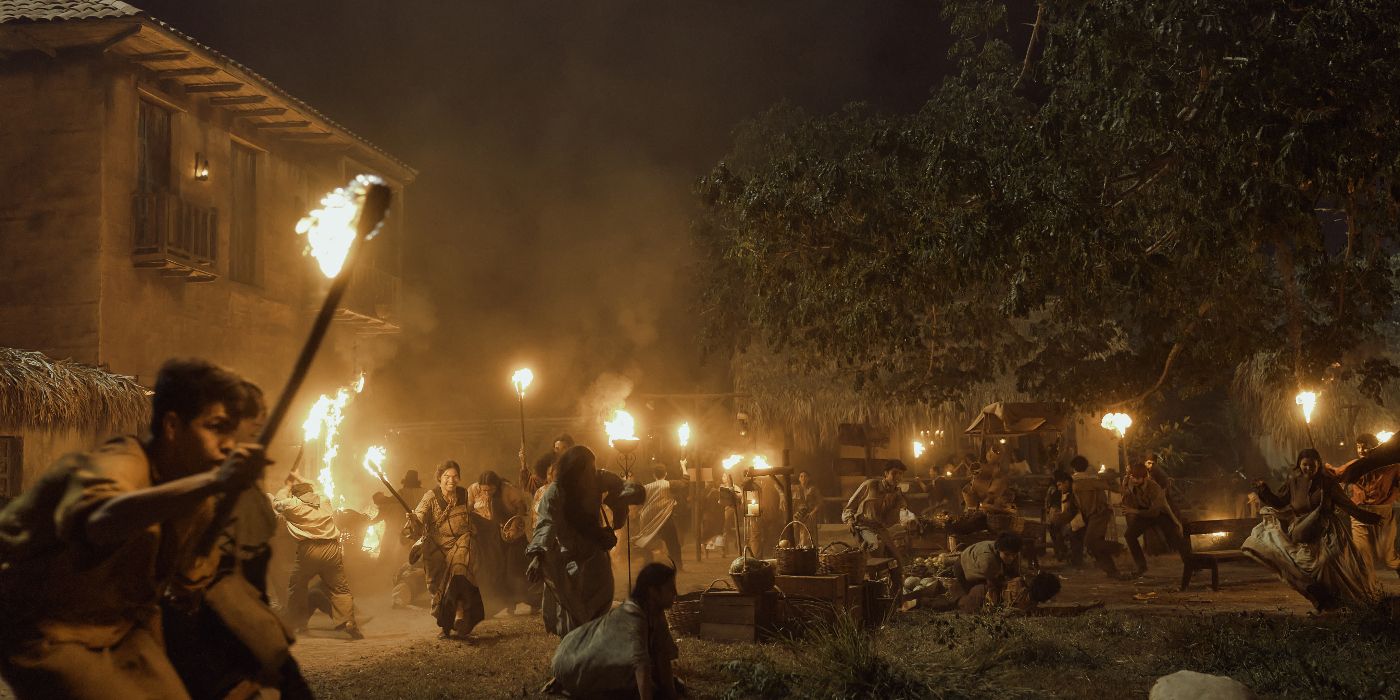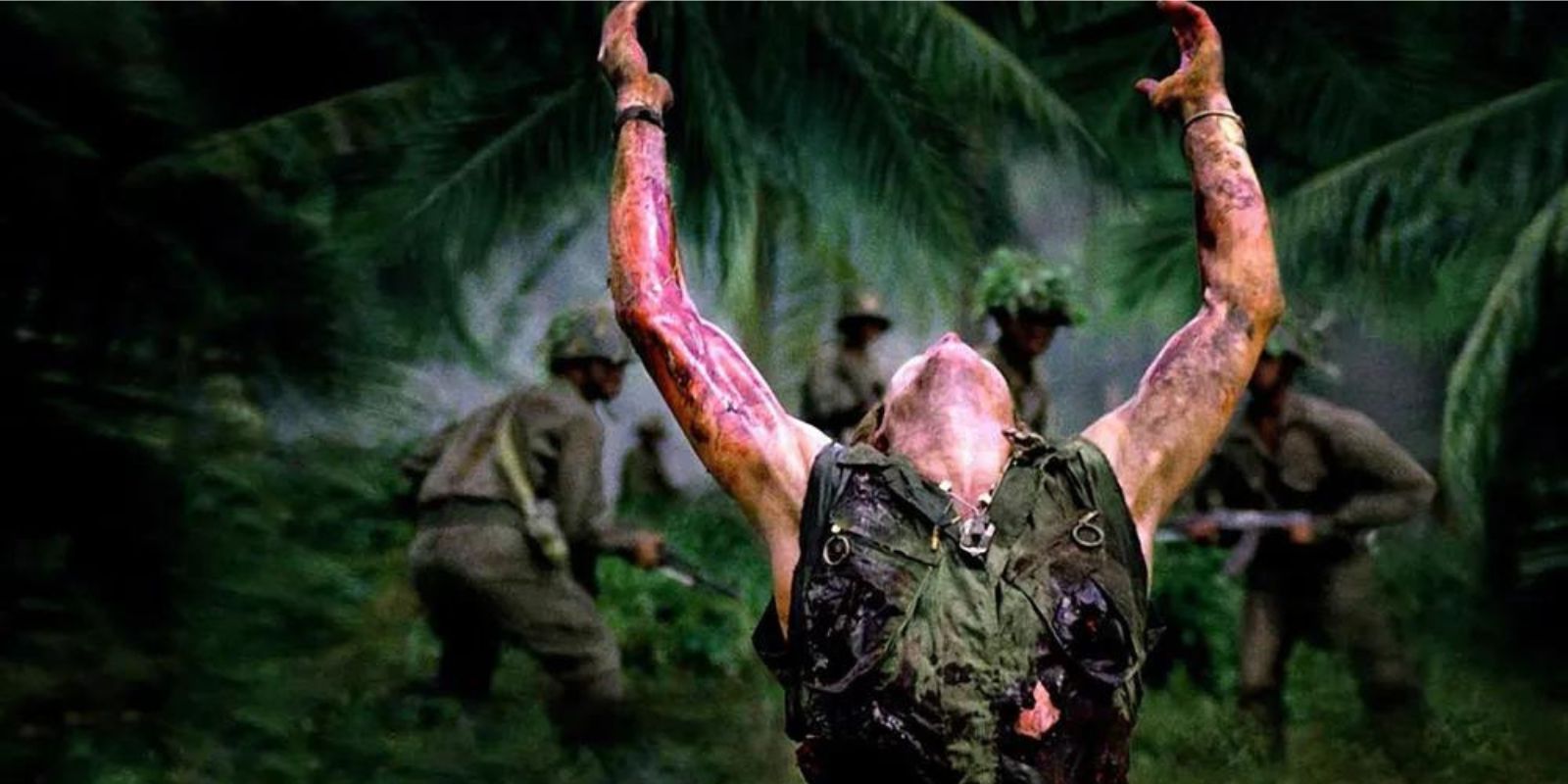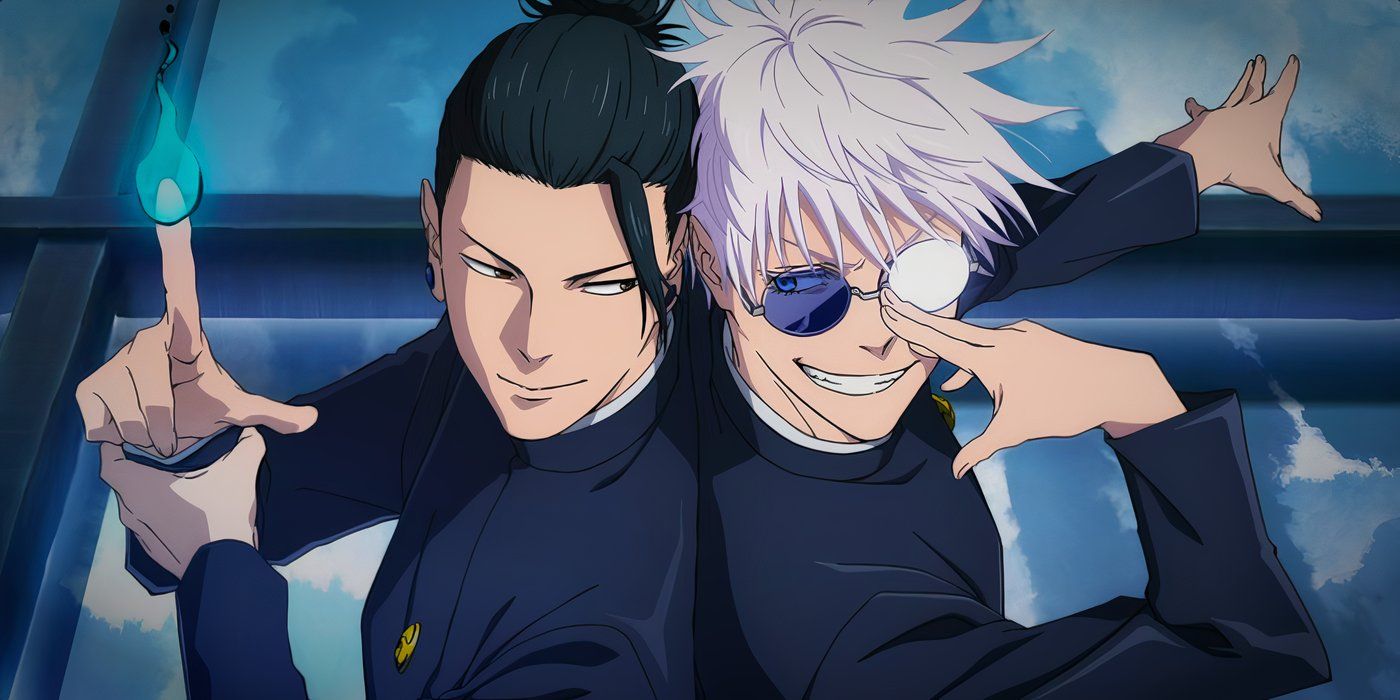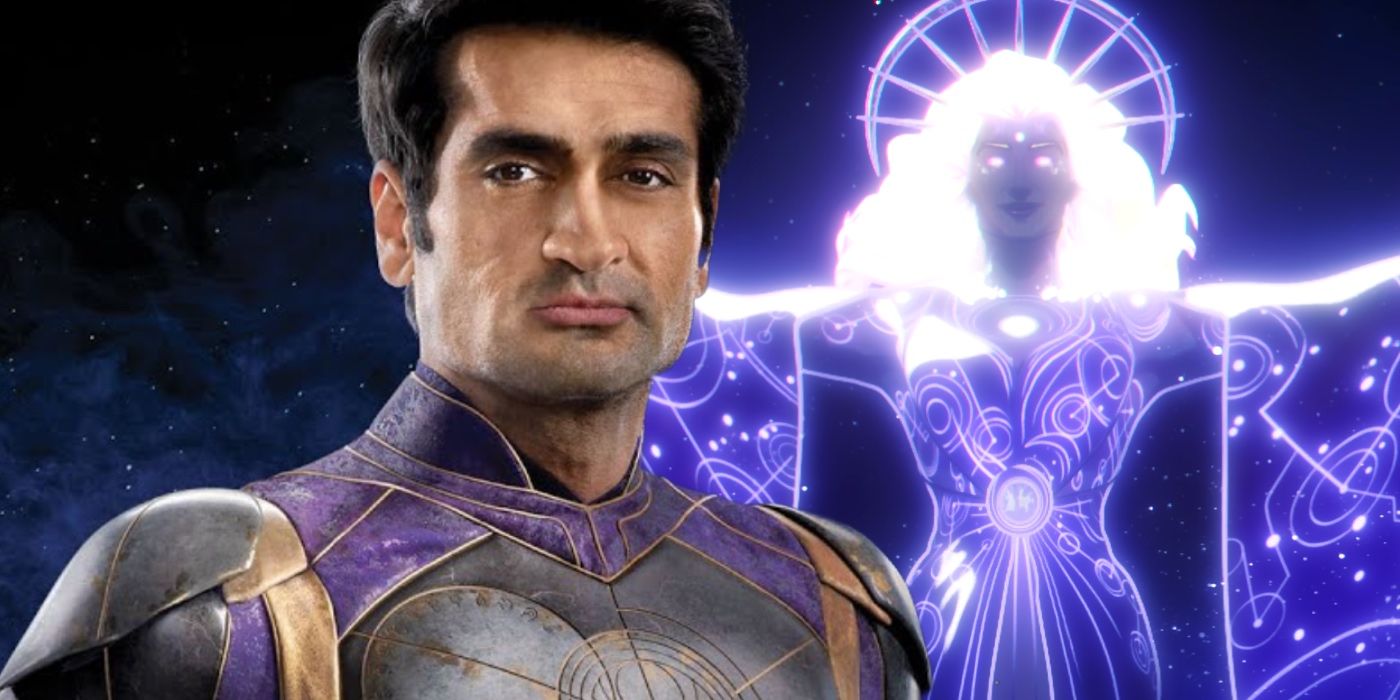Editor's note: The below contains spoilers for Netflix's One Hundred Years of Solitude.
When a show is able to switch genres from fantasy drama to political thriller to a full-on war piece without losing the through narrative of what makes us engaged, you have to stand and applaud. That is exactly what Netflix's decades-spanning adaptation of One Hundred Years of Solitude is able to do, as it follows the founding of Macondo, followed by its integration into the rest of the innovating world and the political sphere of Colombia, before becoming a brutal narrative about the costs of war. Yet, we never stop engaging with the Buendía family, and that means that the civil war we witness at the end is a truly tragic and almost nonsensical conflict that has become hijacked by extremists like Aureliano (Claudio Cataña).
Despite the fictional town of Macondo being the setting for this journey of magical realism, the bloody war we witness is actually a historical reflection of Colombia's War of a Thousand Days. However, the timeline of the war is extended over a longer period than actually took place. While the show changes the focus on the causes of the conflict from economic to political, the horrific bloodshed we see is very close to how families were ripped apart by this civil war.
'One Hundred Years of Solitude's Civil War Is Based on Colombia's War of a Thousand Days
 Image via Netflix
Image via Netflix Colombia's War of a Thousand Days spanned four years, from 1899 to 1903, and was indeed fought between the Liberals and the Conservatives in Colombia. The Liberals were in favor of a laissez-faire economic policy that, in their eyes, would help the coffee growers of the nation, yet they had no say in the matter due to their lack of political power after the elections of 1885, which saw the Conservatives oust them from any form of governance. In 1899, the coffee farmers were desperate, as they began to make less and less profit under a government that had introduced a paper currency that caused massive inflation, further ruining farmers' businesses.
In 1899, war broke out between the two sides, and formally lasted seven months before the Liberals were defeated in May 1900 at the Battle of Palonegro. Yet, far more brutal guerrilla warfare continued in the rural areas of the country where Liberals could expect support from the farmers they were, in theory, fighting for, even if bloody collateral meant nobody was safe. The Conservatives attempted to use harsher measures to quell the Liberals and their support among the people through seizure of property as well as cold-hearted imprisonments. However, this failed to solve anything, and by 1902 the Conservatives were willing to welcome the Liberals into government via political reform, which began negotiations and led to the end of the war in 1903.

Related
The 10 Bleakest War Movies, Ranked
"Somebody once wrote, "Hell is the impossibility of reason." That's what this place feels like. Hell."
'One Hundred Years of Solitude' Changes the War's Focus From Economic Injustice to Political Corruption
Perhaps it shouldn't come as a shock that a TV show so based on its characters' dynamics would focus heavily on the political motivations for the war, especially considering the different ideologies between the Liberals and Conservatives. Therefore, while it is true that Conservatives, like the fictional Magistrate Cosmote (Jairo Camargo), engage in political corruption to keep the Liberals out of power, there is certainly a lack of focus on the coffee market and peso inflation that caused increased support nationwide for the Liberal rebels.
No doubt this was done because economic issues are less emotive than the executions on display under martial law that we see in One Hundred Years of Solitude, and it also explains just why the Liberals are so bloodthirsty. We get very personal motivations from Aureliano and Arcadio (Janer Villareal) and why it drives them to be so brutal. Even though these characters embark on dark and tragic arcs, we cannot help but feel like it was inevitable, and that the Conservatives created the very thing they were terrified of in their efforts to prevent a rebellion.
What is certainly accurate is the style of warfare carried out by Aureliano. While we see him going to join the Liberal forces in a legitimate capacity, it is when a warrant is put out for his capture or murder that we see him committing to guerrilla warfare, and that is when the true violence begins. It is believed between 60,000 and 130,000 people were murdered during the War of a Thousand Days, and when we see the massacres being committed by both Liberals and Conservatives, it's not hard to imagine why. The way Aureliano begins to kill anyone he considers an obstacle, Liberal or Conservative, displays the way that such a disorganized offensive can spiral until it is mostly being perpetrated by regional warlords who are desperate for power and control.
Overall, there are clear differences between the real War of a Thousand Days and the civil war that One Hundred Years of Solitude gives us, yet the tragic consequences of the conflict are very much an accurate representation of what happened between 1899 and 1903. Whilst the Netflix adaptation does not focus on the economic motivations that caused a huge swell of rural support among coffee growers, the focus on political corruption and extremism does lend itself to far more engaging character motivations, as we can see exactly the events that would lead these people to commit the acts they do. Even a character like Aureliano, who seemed like such a sweet soul, has a breaking point, and it is shown by the increasing violence he commits. In the end, what One Hundred Years of Solitude does so well is depict how pointless such a bloody conflict truly is, as by the latter stages of the war barely anyone can remember what they are fighting for.
One Hundred Years of Solitude is available to stream on Netflix in the U.S.

Your changes have been saved
One Hundred Years of Solitude (2024)
One Hundred Years of Solitude (2024): Based on Gabriel García Márquez's acclaimed novel, the series chronicles the multi-generational story of the Buendía family in the fictional town of Macondo. As magical realism intertwines with historical events, the family's triumphs and tragedies reflect broader themes of love, power, and destiny.
Release Date December 11, 2024
Cast Eduardo De Los Reyes , Claudio Cataño , Jerónimo Barón , Marco González , Leonardo Soto , Susana Morales , Ella Becerra , Moreno Borja , Carlos Suárez , Santiago Vasquez
Main Genre Fantasy
Release Window 2024









 English (US) ·
English (US) ·